What’s the Buzz
The Bee Healthy Blog
Symptoms of IBS in Women

Irritable bowel syndrome (IBS) is a common condition of the gastrointestinal tract, affecting up to 1 in 5 Americans. Women are at a higher risk of developing IBS than men. There are also some sex-gender differences in IBS symptoms. Please continue reading to find out some of the symptoms of irritable bowel syndrome in women.
What is irritable bowel syndrome (IBS)?
Irritable bowel syndrome is an umbrella term used to describe a set of symptoms related to the digestive system. These GI symptoms include abdominal pain and cramping, bloating, and changes in bowel habits, such as frequent loose stools (diarrhea) or infrequent stools (constipation). While it can be uncomfortable to live with, IBS does not cause any long-term damage.
There are different types of irritable bowel syndrome, such as IBS-D (with mostly diarrhea as the common symptom), IBS-C (with mostly constipation), IBS-M (with mixed diarrhea and constipation), and IBS-U (unsubtyped).
The exact cause of IBS is not known. However, more women develop IBS than men. The condition is also more common in people under 50 years of age. Other risk factors include family members with a medical history of IBS.
What are the warning signs of IBS?
Some of the warning signs of IBS include:
- Cramping or pain in the stomach area
- Upper abdominal discomfort
- Feeling nauseous after large meals
- Bloating in the stomach area
- Flatulence (gas)
- Diarrhea (frequent loose stools)
- Constipation (hard, dry, and infrequent stools)
- Alternating between constipation and diarrhea
- Mucus in the stool
- A sensation of incomplete evacuation of the rectum (that you haven’t finished a bowel movement)
What are IBS symptoms in women?
The common IBS symptoms mentioned above can occur in both women and men. But there are some gender differences. Women with IBS can have painful periods and worse IBS symptoms during their menses. IBS symptoms may also fluctuate during other phases of the menstrual cycle.
Small studies have found that women report more symptoms involving the lower urinary tract, such as urgency, frequency, pain with urination, and nocturia (increased urination at night) if they have irritable bowel syndrome.
IBS symptoms in women can also include pelvic floor disorders such as pelvic organ prolapse (when one or more pelvic organs, such as the uterus, upper vagina, rectum, or bladder, slip down from their normal positions and bulge into the vagina).
Studies have shown that almost 1 in 3 women with IBS have chronic pelvic pain. Low libido (desire for sex), increased pain sensitivity, and painful intercourse are also reported along with common gastrointestinal symptoms. These sexual dysfunction symptoms can lead to an inability to enjoy sex and lower sexual satisfaction in women with IBS.
Changes in the levels of sex hormones in pregnant women with IBS can make symptoms worse or cause other symptoms.
Severe symptoms of irritable bowel syndrome can cause sleep disturbances and fatigue. Research has shown that many women with IBS symptoms have anxiety, mood disorders, and other mental health conditions.
What foods trigger IBS?
Food does not cause irritable bowel syndrome. However, eating certain foods can make IBS symptoms worse. You will need to keep a food journal to track when your symptoms worsen and which foods to avoid. Common foods that can impact IBS symptoms include dairy products, caffeinated beverages, carbonated sodas, alcohol, and certain fruits and vegetables.
Dietary changes can help relieve GI symptoms of IBS. For example, drinking plenty of water and eating fiber-rich foods can improve bowel motility and relieve constipation, a common IBS symptom.
How can I test myself for IBS?
If you have cramping, abdominal pain, bloating, and changes in bowel function (diarrhea or constipation) for more than 3 months, it is a clue that you might have IBS. However, it is important to be evaluated by a healthcare provider so that they can make a proper IBS diagnosis and recommend appropriate treatment.
Remember, common IBS symptoms can mimic lactose intolerance which causes similar symptoms. IBS symptoms can also be similar to more serious gastrointestinal disorders and chronic conditions such as inflammatory bowel disease that can result in irreversible bowel damage if left untreated.
Therefore, if you have chronic pain in the stomach area, bloating, or changes in bowel movements for more than 3 months (chronic constipation or diarrhea), make an appointment to see your healthcare provider so that they can diagnose IBS and/or other conditions.
Red flag symptoms that need to be investigated further in women with IBS with a blood test and/or colonoscopy include rectal bleeding, unexplained weight loss, iron deficiency anemia, severe diarrhea at night, and a family history of celiac disease, inflammatory bowel disease, or colorectal cancer.
What medications are used to treat IBS symptoms?
Some of the medications used to treat IBS symptoms and make bowel function more regular include:
- Anti-diarrheal drugs such as loperamide (Imodium).
- Fiber supplements such as psyllium (Metamucil) for constipation.
- Antispasmodic agents such as dicyclomine for abdominal pain.
- Antidepressants to lower pain perception and treat depression.
- An IBS medication for adult women called lubiprostone (Amitiza). This is a laxative that is used to treat severe constipation (IBS-C).
References:
- https://www.womenshealth.gov/a-z-topics/irritable-bowel-syndrome
- https://www.niddk.nih.gov/health-information/digestive-diseases/irritable-bowel-syndrome/treatment#:
- https://www.ncbi.nlm.nih.gov/pmc/articles/PMC4527267/
- https://onlinelibrary.wiley.com/doi/full/10.1111/j.1442-2042.2009.02442.x
- https://www.ncbi.nlm.nih.gov/pmc/articles/PMC2807921/
- https://aboutibs.org/what-is-ibs/ibs-in-women/
- https://pubmed.ncbi.nlm.nih.gov/27683238/
- https://pubmed.ncbi.nlm.nih.gov/25768845/
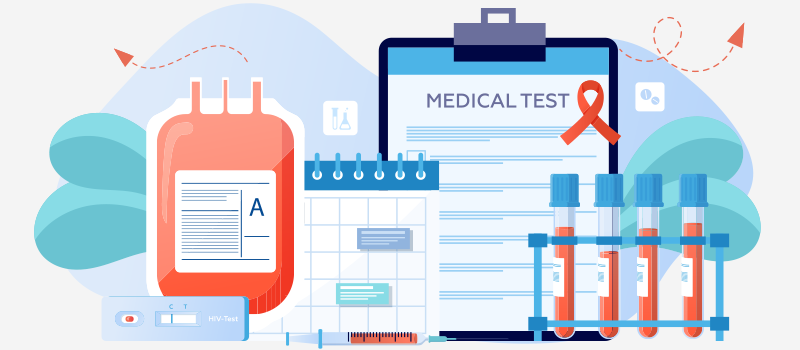
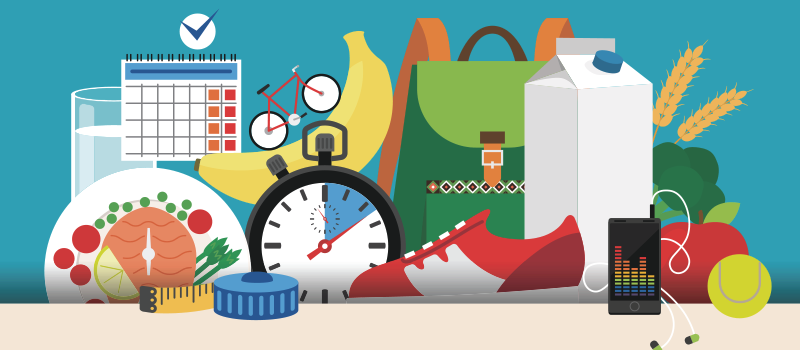
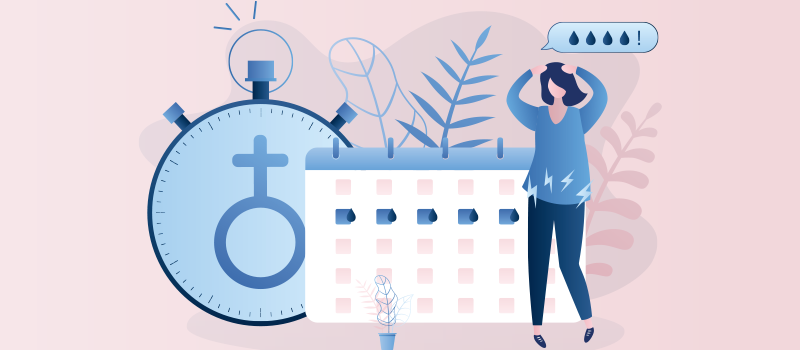

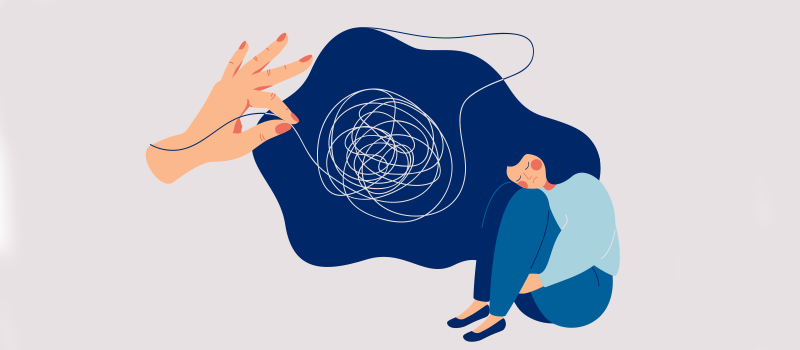
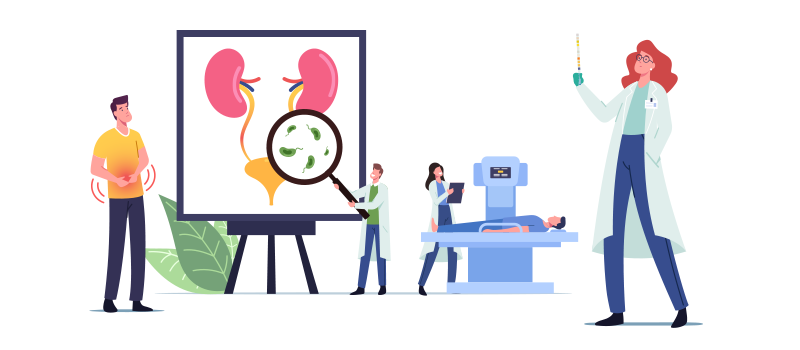






SOCIAL